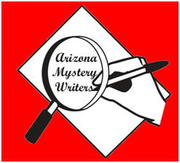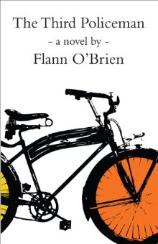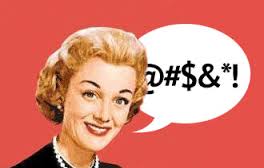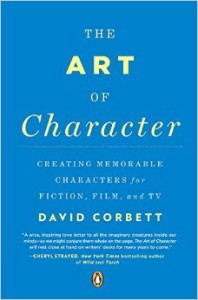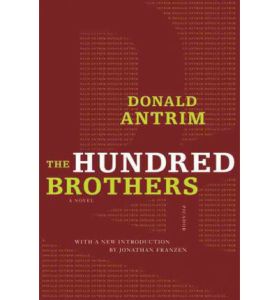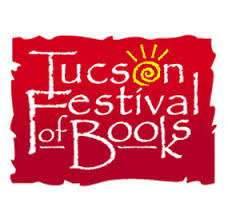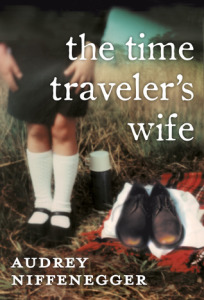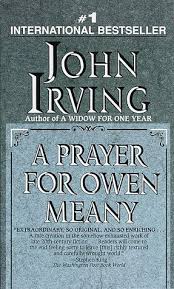Dream or Reality?
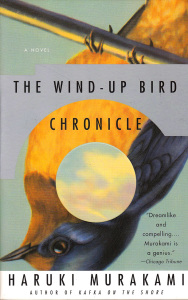 Murakami, Haruki (1994/1998). The Wind-up Bird Chronicle. New York: Vintage, 607 pp.
Murakami, Haruki (1994/1998). The Wind-up Bird Chronicle. New York: Vintage, 607 pp.
This novel is writing for the sake of writing. There is a nominal plot, but it’s weak. A Japanese woman and her sister are abused by an older brother, who goes on to become a famous politician. The younger sister kills herself. Years later, the older sister kills the brother and goes to prison for it. All this is told by the older woman’s husband, Okada, the first-person narrator who often speaks like a third-person objective narrator with a point of view that seems larger than his natural one.
In the middle of this story are 400 pages of material about the Japanese invasion of Manchuria in WW II, the husband’s unrelated dreams, delusions, and memories; his unrelated interactions with a neighbor girl and two psychic sisters; and his business dealings with a wealthy recluse and her mute son. It’s almost like filler takes up two-thirds of the book and has little or nothing to do with the main story. There are rumors online that an additional 200 more pages of such material were edited out by the American publishers to keep the page count down. If true, that explains the disjointed feel of the middle part of the book.
As with many literary novels then, we can forget about the plot and look to the use of language, structure, and overarching thematic threads. What do we find with that approach?
The language is ordinary, not poetic, not unusual, not unique in any way. Of course, I can only report on the English version, but presumably, if more lyrical language were evident in Japanese, the translator would have provided that.
On the positive side, descriptions have wonderful detail that always keeps the reader grounded in time and place, no easy feat for a novel like this, dominated by dreams, illusions, and delusions. Exposition tends to the philosophical at times, consideration of the meaning of life and death, for example, though these are superficial rather than insightful. Overall, the content of the narration, description, and dialog is always just interesting enough to make you turn the page, and that is, after all, the main goal of any writer.
Thematically, the prospects are more promising. I detect two themes, both conveyed indirectly. One is the idea of taking responsibility for one’s actions. Okada, the main character, doesn’t. He could hardly be more passive, empty-headed, devoid of decisions, and even of agency. He bumps around his house and his city, and does things, sometimes extreme things, for no reason at all. He observes but does not reflect. He wonders but doesn’t analyze. He speaks without commitment.
Likewise, his wife, Kumiko, runs off with another man (supposedly) for no reason that she can explain or that Okada can understand. She just had an “urge.” Every character is similarly lackadaisical and impulsive, and therefore the reader cannot predict what will happen, and often doesn’t care, since all actions are arbitrary. This arbitrariness extends to the Japanese invasion of Manchuria in World War II. An extended war story is told second-hand, and in it, the various soldiers do odd things for no rational reason, and no justification is offered for Japan’s invasion of China. It might be politically daring in Japan to address this topic, for the country even today does not take full responsibility for its actions in the war. To an outsider, however, that confirms the status quo and is not interesting.
The extreme passivity of all the characters might have a purpose. There are hints and intimations, through characters that seem to have precognitive ability, that life is about destiny or fate anyway, so it is literally foolish to suppose personal agency and moral responsibility.
That idea, if it is present, is not well-developed, but is consistent with the second thematic element, the idea that life is just a dream. Throughout the novel, the author draws deliberate ambiguities between dreams and reality, reminiscences and reality, illusion and reality; and emphasizes the fogginess of memory. Technically, the story is utterly realist (apart from some apparently clairvoyant pronouncements by some characters), but Okada reminisces and dreams a lot and at length, and the author uses slippery language to blur the line between the dream world and the real world, until the reader is not sure what to believe. Okada repeatedly says he cannot tell the difference at times. In the dream world, characters walk through walls and appear and disappear and take on each other’s identities and after hundreds of pages, the reader begins to feel a little woozy. If this is a genuine theme (if I am not over-reading), then it is a masterful representation of the concept that life is just a dream, because when the reader feels a “contact high,” the writer has done an excellent job of conveying the point.
Nevertheless, that theme, like the first, is not well-developed, not articulated, not analyzed, not explained, and might not even be there. So overall, I’d say I liked the tone and the mood of the novel, and especially its creatively original scenes, but I don’t think I’ll be reading anything more by Murakami.


